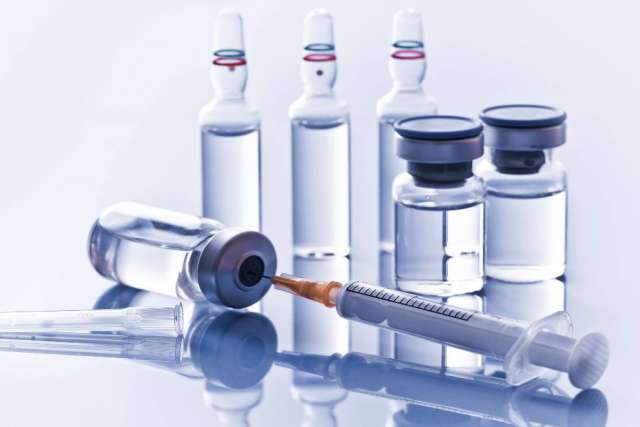Dear Doctors: I’ve been diagnosed with breast cancer and really appreciate your recent columns on the subject. What can you tell me about Herceptin? My oncologist has suggested it for after chemotherapy is finished. What is it going to do?
Dear Readers: Herceptin is the brand name for a drug called trastuzumab. It’s a targeted therapy that’s often used in conjunction with chemotherapy to treat a certain type of breast cancer. Herceptin is one of a class of drugs known as monoclonal antibodies, which are lab-made proteins that play an important role in directing a patient’s immune response. It has also been approved for treating stomach cancers that have become metastatic, which means the cancer has spread beyond its original location and reached other parts of the body.
The fact that your doctor has recommended Herceptin suggests you have a type of cancer known as HER2-positive. That means the cancer cells have more than the normal amount of a certain type of protein on their surface. That protein is called human epidermal growth factor receptor 2, commonly shortened to HER2. Although the HER2 protein is present on the outside of all breast cells, some cancer cells have extra copies of the gene that makes the protein. When this is the case, it’s referred to as HER2-positive cancer, and it accounts for about one-fourth of all cases of breast cancer.

The presence of the HER2 protein makes these types of cancers more aggressive than those that are HER2-negative and plays a significant role in decisions as to the course of treatment. As a result, it’s recommended that all patients with invasive breast cancer be tested for their HER2 status. In addition to breast and stomach cancers, bladder, pancreatic and ovarian cancers can be HER2-positive. However, Herceptin has not been approved for use in all HER2-positive cancers.
Each cancer cell has an array of biologically active receptors on its surface. Herceptin works by preventing the HER2 receptors on a breast cancer cell from receiving chemical signals telling it to grow. The drug does this by physically binding to the receptors, which blocks and disables them.
The drug is most commonly delivered as an intravenous infusion. The first session takes about 90 minutes. Subsequent doses of the drug take about 30 minutes to deliver. A newer form of the drug is available as an injection.
As with most medications, Herceptin can cause a range of side effects. The most common include nausea, headache, fatigue, joint or back pain, diarrhea, weight loss and insomnia. The drug has been associated with heart problems, so your medical team will monitor your cardiac function during treatment. Because it can harm a developing fetus, it’s important to be vigilant about birth control during treatment with Herceptin, and for at least seven months after treatment has concluded.
The encouraging news is that treatment with Herceptin can be very effective, so much so that the advent of the drug has dramatically changed the prognoses for patients with this type of breast cancer.
(Send your questions to [email protected]. Owing to the volume of mail, personal replies cannot be provided.)





